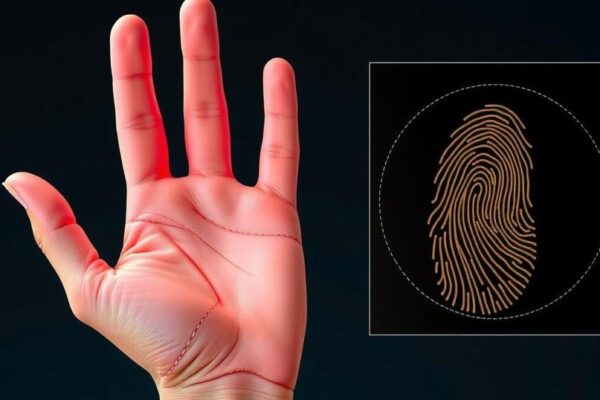
Karachi Launches Safe City Project for Enhanced Urban Security
Karachi has launched the first phase of its Safe City Project, equipped with 25 surveillance cameras at 5 poles, providing live feeds to law enforcement to combat crime effectively. The project employs advanced technologies like facial recognition and ANPR to enhance safety and reduce human error in monitoring. With future expansions planned, this initiative aims…










